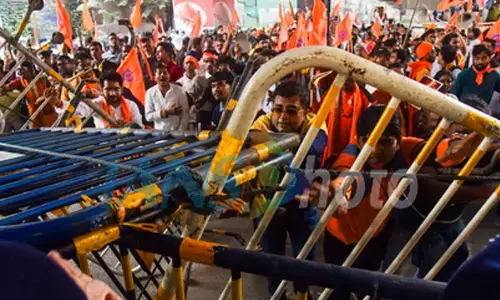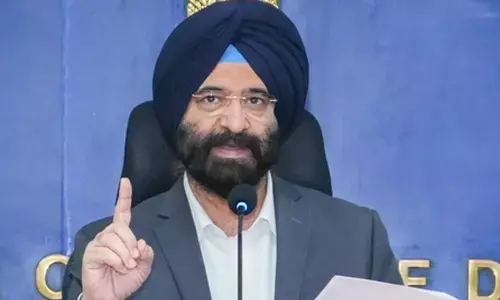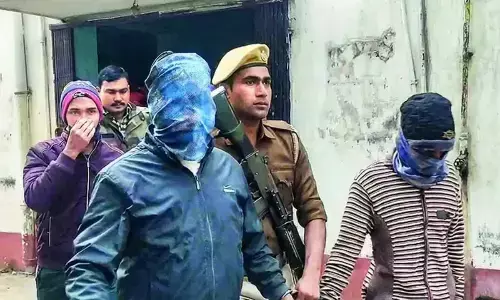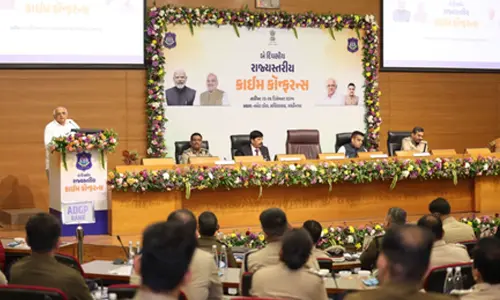Pakistan occupied Kashmir(PoK) part of India, expect to have physical jurisdiction over it one day: Jaishankar
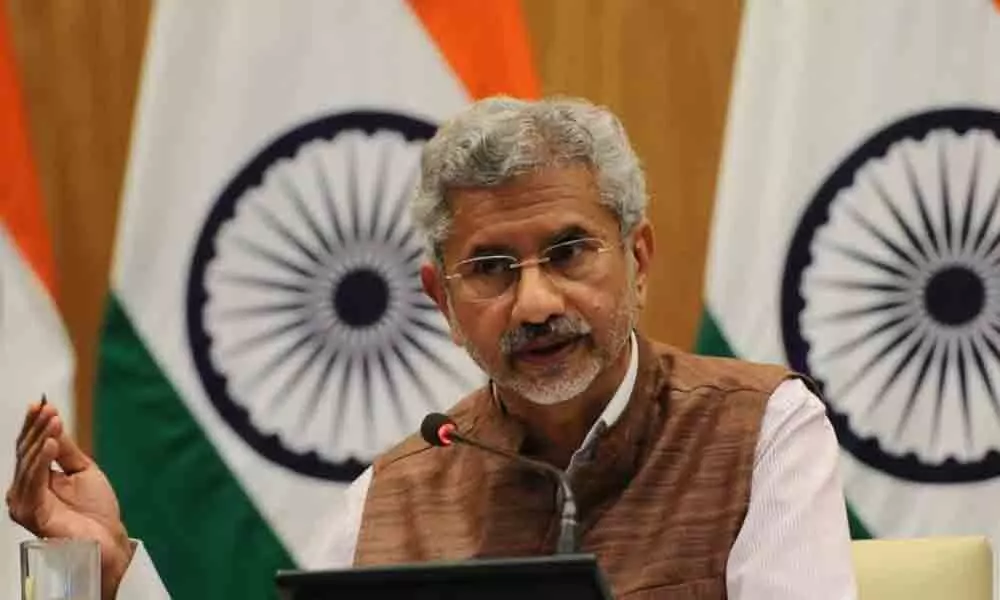
- "Our position has, is and will always be very clear on PoK, that it is part of India and we expect one day we will have physical jurisdiction over it," he said.
- The government has maintained that henceforth talks with Pakistan would be only about PoK and not on Kashmir.
- He also said that there's no need to "worry" too much about what people will say on Kashmir as it is India's internal matter
New Delhi: Pakistan occupied Kashmir (PoK) is a part of India and New Delhi expects to have physical jurisdiction over it one day, external affairs minister S Jaishankar said on Tuesday.
"Our position has, is and will always be very clear on PoK, that it is part of India and we expect one day we will have physical jurisdiction over it," he told reporters.
The government has maintained that henceforth talks with Pakistan would be only about PoK and not on Kashmir.
Defence minister Rajnath Singh and Vice President M Venkaiah Naidu have made statements in this regard in the recent past after Pakistan sought to internationalise the Kashmir issue.
'Don't worry beyond a point what people say on Kashmir'
Meanwhile, speaking on the Kashmir issue, Jaishankar said that there is no need to "worry" too much beyond a point about what people will say as it is India's internal matter on which its position has "prevailed and will prevail".
Addressing his first press conference after assuming the office in the Modi 2.0 government in May, the foreign minister also hit out at Pakistan, saying
India has a "unique challenge" from one neighbour and it would remain a challenge until that neighbour becomes a normal neighbour and acts against cross-border terrorism.
He also made it clear that with Pakistan, the issue is not Article 370, the issue is cross-border terrorism and the first thing that has to come to table for any talks with Pakistan has to be the issue of terror.
Amid concerns expressed by some countries and the UN human rights organisation over situation in Kashmir, Jaishankar said international audience understands what were India's reasons for abrogating Article 370.
"It was a temporary provision which is not often used in the analysis of events ... The provision had actually become dysfunctional. It was being arbitraged by some narrow set of people for their own gains. By doing so they were impeding development and feeding a sense of separatism. The separatism was being utilised by Pakistan to carry out cross-border terrorism," he said.
Asserting that India's position on Kashmir has been clear since 1972 and it is not going to change, he said, "beyond a point, don't worry too much about what people will say on Kashmir. There is a complete predictability about my position ... At the end of the day, it is my issue. On my issue, my position has prevailed and will prevail."
Last month, the government abrogated Article 370 from Jammu and Kashmir to withdraw its special status as well as announced bifurcation of the state into two Union Territories — Jammu and Kashmir, and Ladakh. This move was severely criticised by Pakistan with its prime minister Imran Khan making highly provocative anti-India rhetoric.
On Khan's remarks that there is no point talking to India, he said part of the problem with Pakistan is that it has only been talking and not doing anything on terrorism.
"They think nice words are an answer to the real problem. The real problem is the dismantling of this (terror) industry that they have created ... Show me a country in the world which will accept that its neighbour can conduct terrorism and then it will go and talk to that neighbour. Our position is completely normal, rational. They are the people whose behaviour is a set of abberation. The abnormality is theirs," he added.








